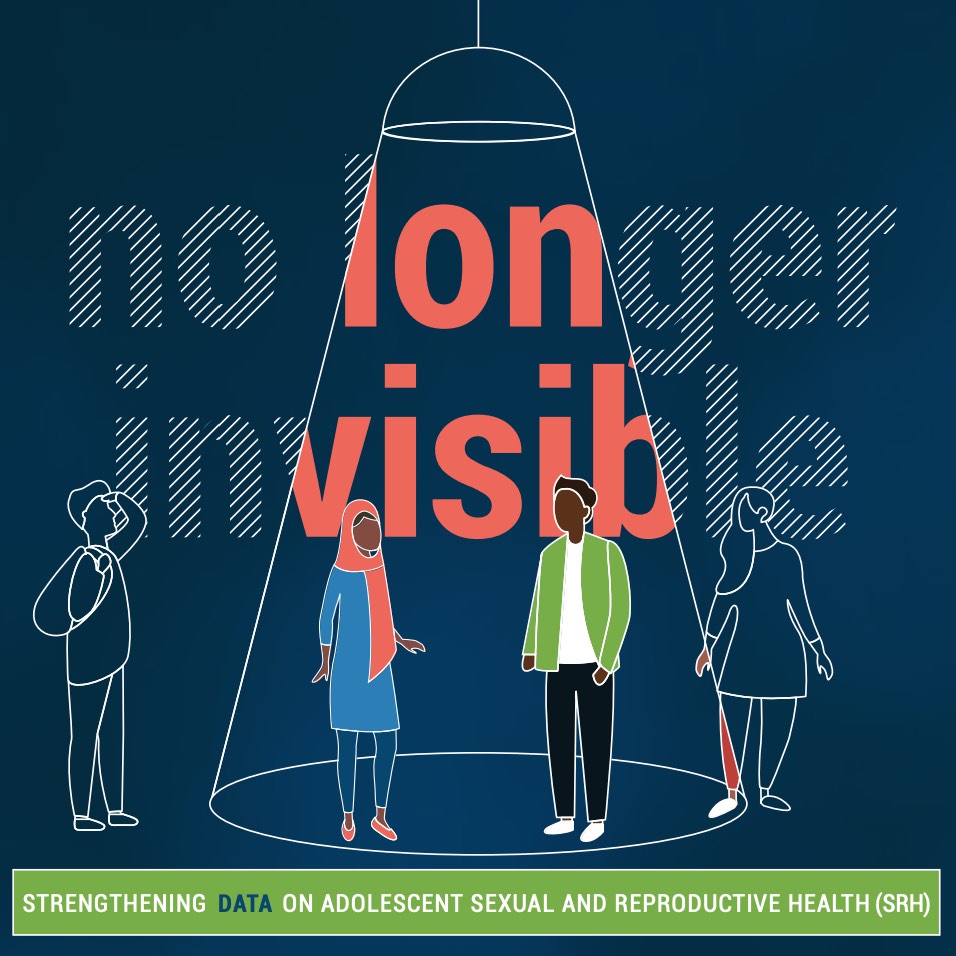Citizenship, Ancestry May Help Determine Who Gets the ‘Hispanic Health Advantage’
New research helps explain the factors behind why Hispanic people in the United States tend to live longer than other Americans

New research helps explain the factors behind why Hispanic people in the United States tend to live longer than other Americans

Research shows that self-managed medication abortion accessed through online telehealth is medically safe and effective, but prospective patients face a complex web of barriers.

Project: Strengthening Evidence-Based Policy to Expand Access to Safe Abortion (SAFE ENGAGE)
(2020) In Burkina Faso, one in 10 pregnancies ends in an induced abortion. The majority of these abortions are carried out unsafely—that is, using an inappropriate method or by an untrained provider, or both.

Project: PACE: Policy, Advocacy, and Communication Enhanced for Population and Reproductive Health
PACE’s Youth Multimedia Campaigns training program equips youth advocates with the skills to create innovative digital campaigns, tell compelling population health stories, and build movements for policy change within their countries.

Project: Center for Public Information on Population Research (CPIPR)
People living near highways are negatively affected by pollution and traffic noise but also may have easier access to healthy food, health care, and recreational facilities.

Together with regional partners, PRB is investigating the scale and nature of the challenges affecting the quality of higher education in the East African Community.

Project: Empowering Evidence-Driven Advocacy
(2020) Young people in Bangladesh lack sexual and reproductive health (SRH) information and services, putting them at risk for unintended pregnancy, unsafe abortion, and maternal mortality.
RTAC serves as a strategic resource to the United States Agency for International Development, leveraging academic researchers’ scientific expertise to provide research, specialized training, and short-term technical assistance.